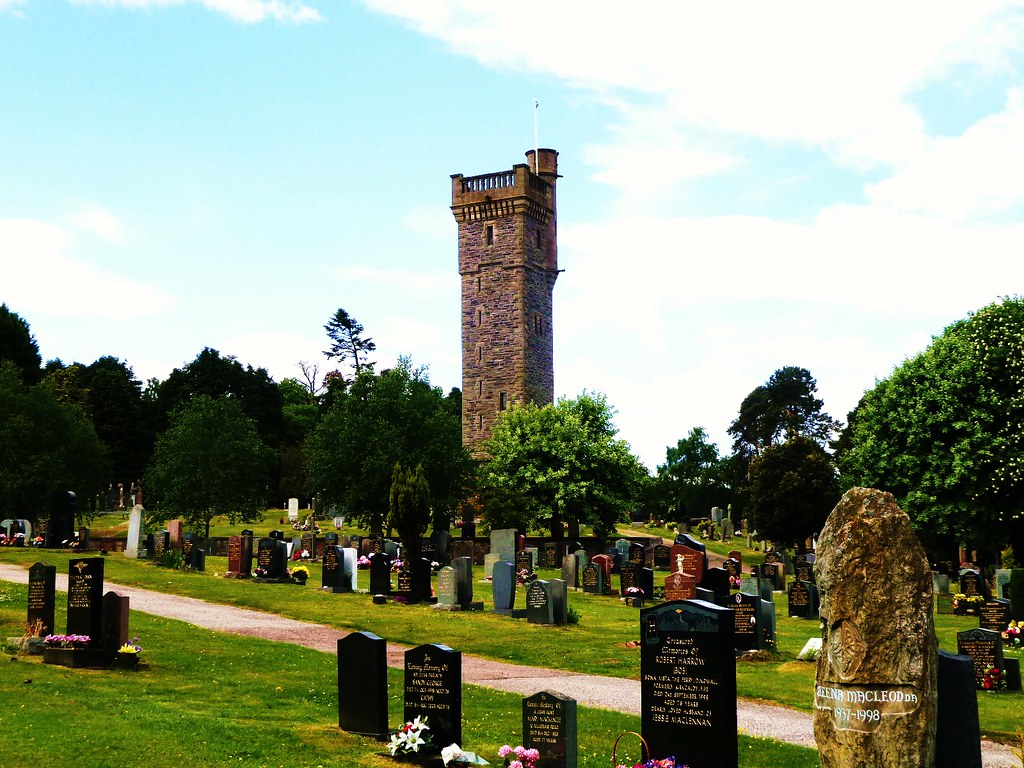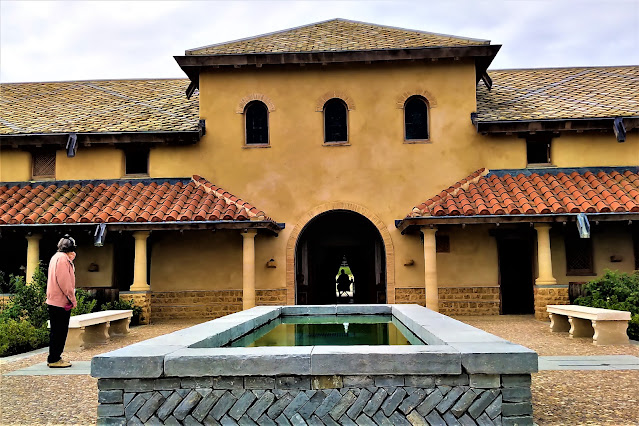Dingwall, a town in the north of Scotland with Viking origins
This evening, I am posting information on the town of Dingwall, which lies about 14 miles N.W. of Inverness in the Scottish Highlands close to the southern tip of the Cromarty Firth. Summary facts and information as follows:
- Population about 5500.
- Name is of Scandinavian (Viking) origin and is derived from thing vollr or ‘field of the court of justice’. Despite spelling difference, the name has same origin as Tynwald on the Isle of Man (off N.W. England) which is over 1000 years old and ranks as the oldest parliament in the world with an unbroken record.
- Reputedly the site of the Battle of Dingwall in 1411 when Clan Mackay fought Clan Donald.
- Served by a number of churches including Dingwall Free, Castle Street and St Clement’s.
- Long tradition of providing recruits for the British military including Seaforth Highlanders and other units. There are memorials to casualties of the Boer War (South Africa) WW1 and WW2.
- Towering over Dingwall is a monument to Major-General Hector MacDonald, a soldier from the local area who had a stellar military career rising through the ranks but committed suicide in 1903 due to unfounded rumours concerning his sexual proclivities.
- The town benefits from three supermarkets and a pedestrianized High Street.
- To the N.W. of Dingwall is a mountain known as Ben Wyvis ( ‘Hill of Terror’) which reaches a height of 3432 feet. See image no 9 below.











Comments
Post a Comment